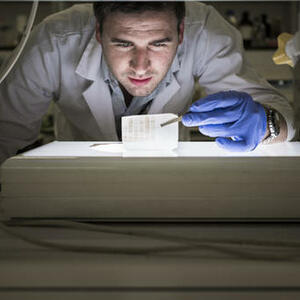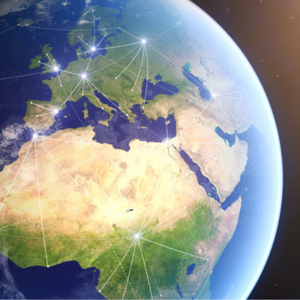
Institute for Resilient Health Systems
125 Campaign priority: Institute for Resilient Health Systems
The COVID-19 pandemic exposed the gross inequities in health systems across the world, highlighting the risks of over-reliance on ‘top down’ interventions and of continuing to pour resources into capacity building without a clear understanding of what works, why and how. The virtual Institute will catalyse the development of a multi-sectoral and multi-disciplinary community of experts, working together to address the key challenges and drivers of health systems resilience.
The Institute will examine and understand the critical drivers of resilience, vulnerability, and inequity, and how these are tested and exacerbated during times of crisis. We recognise the interdisciplinary nature of these questions and are uniquely placed, with extensive programmes and partnerships spanning academia, NGOs, policymakers, and industry, to develop new perspectives and collaborations to address them. Our experience in fragile and unstable contexts will allow us to apply this knowledge to the most vulnerable health systems of all.
This virtual Institute is an opportunity to break the traditional mould. Rather than investing in costly facilities in the UK, we have designed it as a virtual entity, with key investments focussed on developing and connecting scientific leaders in LMICs. Initial funding will support a prestigious Chair and Fellowships, along with core running costs. A significant proportion of initial seed corn funding will be directed to partners in low-resource settings, building capacity, and incentivising new collaborations across borders and disciplines.
Why your support is so important?
Support from donors enables us to push the boundaries of traditional research and statutory funding. They allow the freedom to develop solutions which will catalyse new knowledge and research funding, ultimately decreasing reliance on aid.
Donations enable us to invest in new, untested, and perhaps unconventional ideas and the most promising students and scientists. These are the people who will lead the world in finding solutions to humanity biggest health challenges.
Donations allow the flexibility to work with new partners and support them in developing their own research infrastructure and competitiveness. This creates collaborations which are responsive to regional challenges, but which have the potential to benefit human health worldwide.




